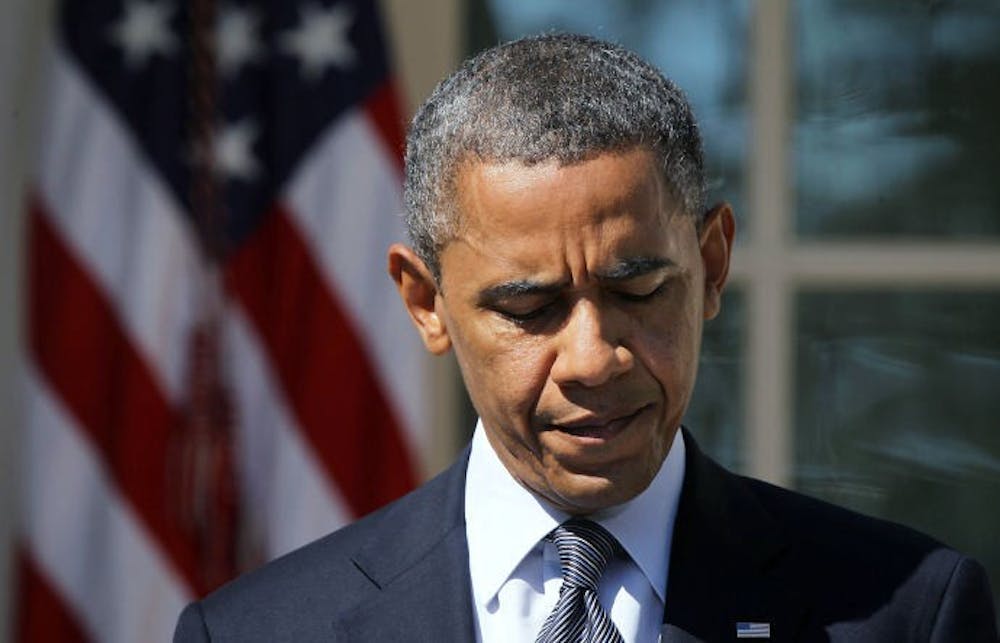By Patrick Neer | Echo
The road to a nuclear deal with Iran is blocked by one more barrier-Congress. According to Reuters, the Senate Foreign Relations Committee unanimously passed a bill requiring the White House to consult with Congress before finalizing a deal with Iran.
If passed, The Iran Nuclear Agreement Review Act of 2015 will allow Congress 30 days to consider any final agreement before Obama could waive or suspend any sanctions on Iran, according to the Washington Post. These 30 days would culminate in a final Senate vote on whether to lift Iranian sanctions in exchange for Iran dismantling its nuclear capabilities.
Until Tuesday, the White House indicated that it was ready to veto the bill, claiming Congressional interference would undermine the president's attempts to deal with Iran.
But because of broad bipartisan support for the bill-enough even to overturn a presidential veto-the White House conceded willingness to compromise with Congress.
"Congress should have the opportunity to review this deal," Republican House Speaker John Boehner said, reported Al-Jazeera. "We shouldn't just count on the administration, who appears to want a deal at any cost."
Boehner and members of both parties in Congress are concerned President Obama's attempts to formulate a deal with Iran overreaches his authority as president, especially concerning waiving congressionally approved sanctions against Iran without consulting Congress, according to CNN.
Senate Foreign Relations Committee Chairman Bob Corker claims the administration only backpedaled in response to the bill's bipartisan support, Reuters reported.
White House Representative Josh Earnest phrased the new compromise differently. He said Democratic support for the bill softened the most disagreeable facets of the bill which led the White House to reconsider its stance against it.
"Despite the things about it that we don't like, enough substantial changes have been made that the president would be willing to sign it," White House spokesperson Josh Earnest said Tuesday, according toAl-Jazeera.
The additional level of inspection could serve as a complication for Iranian leadership.
"We will not sign any deal unless all economic sanctions are immediately lifted on the same day," said Iranian President Hassan Rouhani, according to Euronews.
Israel predictably opposes the deal and has gone to great lengths to inspire U.S. opposition as well.
The White House released evidence Tuesday that suggests Israel spied on confidential U.S.-Iran negotiations and then fed that information to U.S. congressmen to aid in building a case against the deal, according to Al-Jazeera America.
The Obama administration discovered the alleged spying by intercepting communications between Israeli officials, which contained information that, according to an unnamed U.S. official, could only have come from access to confidential talks.
Israel denies the allegations and claims the information came from monitoring Iranian leaders and through discussions with French officials, the New York Times reported.
The alleged spying, rather than building support in Congress against the nuclear deal, may instead endanger U.S.-Israeli relations.
"It is one thing for the U.S. and Israel to spy on each other," said an unnamed senior U.S. official, reported Al-Jazeera America. "It is another thing for Israel to steal U.S. secrets and play them back to U.S. legislators to undermine U.S. diplomacy."




